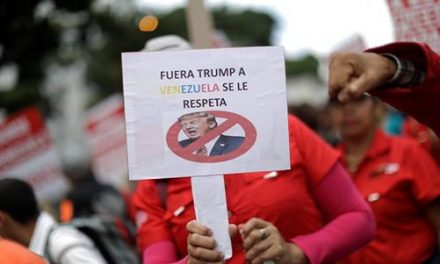Trans-Pacific Partnership bad for public health
New patent protections under the TPP will undermine the power of the province to keep essential drug prices low for treatable diseases like Hepatitis C
As corporate lobbyists work behind the scenes to pressure the Trudeau government into backing the Trans-Pacific Partnership (TPP) trade agreement, groups organizing to stop the deal held a teach-in at Steelworker’s Hall last month.
The event, organized by Leadnow, OpenMedia, Council of Canadians, Common Frontiers, United Steel Workers, Unifor, Fight for the Future and People’s Climate Movement, was held to highlight the effects the 6,000-page trade agreement, which will create the world’s largest “free-trade” zone, will have on everything from environmental policy to public health.
Toronto-based doctor Chetan Mehta, an attendee at the teach-in, doesn’t have to look beyond his own practice to contemplate the possible impacts TPP will have on patients he treats for Hepatitis C.
His community health clinic has treated 10 people in the last year living with the highly- transmittable – and treatable – virus. Treatment for one person, a once-daily pill known by the brand name Harvoni and made by U.S. drug manufacturer Gilead Sciences, can run anywhere between $60,000 to $200,000. It’s cheaper than the alternative – a full liver transplant.
But if a generic version of the drug were available, it could cost as little as $192 a treatment, according to an April 2015 study published by the American Association for the Study of Liver Diseases.
Only, Harvoni enjoys exclusive access to the US and Canadian markets until 2028, thanks to the World Trade Organization (WTO), which mandates patent protection for at least 20 years for pharmaceuticals. Now, the TPP is threatening to extend those protections. Doctors Without Borders has dubbed the intellectual property, investment and pharmaceutical pricing provisions in the TPP “the most harmful trade pact ever… to access affordable generic medicines in developing countries”




